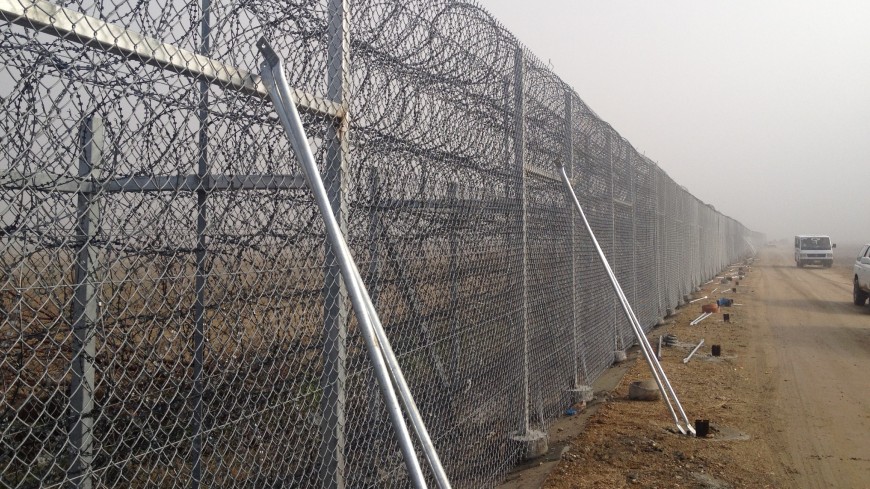The Council of Europe’s Committee for the Prevention of Torture (CPT) has called on European governments to protect foreign nationals deprived of their liberty under immigration legislation from any ill-treatment and to put an end to pushbacks at land or sea borders, particularly at the borders of the European Union. In its annual report for 2022, the CPT recalls that since 2009 it has received numerous allegations of ill-treatment of foreign nationals by police and border guards and has visited immigration centres close to borders with appalling conditions.
The committee has also met increasing numbers of people who claimed to have been subject to “pushbacks” - violent removal by force, without consideration for their personal circumstances, during interceptions at sea, in transit zones at border crossings, at police and border guard stations, or following apprehension near land borders.
“Many European countries face very complex migration challenges at their borders, but this does not mean they can ignore their human rights obligations. Pushbacks are illegal, unacceptable and must end. Governments must have effective safeguards to protect people who are detained under immigration laws and put in place mechanisms to prevent any kind of ill-treatment at borders,” said CPT President Alan Mitchell.
The CPT acknowledges the right of states to control their sovereign borders and the disproportionate challenges faced by certain countries confronted with large migration flows because of their geographical situation. To address this, the committee has repeatedly underlined that these challenges require a concerted European approach but cannot absolve individual states from meeting their human rights obligations. Over the years, the CPT has identified clear patterns of physical ill-treatment against foreign nationals in the context of pushback operations, mainly consisting of being beaten upon apprehension – consisting of punches, slaps, blows with truncheons – by police, border or coast guards, who sometimes remove their identification tags and police insignia to hide their identity.
The report calls on governments to reinforce safeguards to significantly reduce the risk of ill-treatment and collective deportations at borders. Every foreign national intercepted or apprehended at the border should be individually identified and registered, undergo health screening and a vulnerability assessment, and be offered the opportunity to apply for asylum. Removal orders should be individualised and allow the possibility of appeal based on an individual assessment. From the very outset of their deprivation of liberty, individuals should be offered access to a lawyer and a doctor and be informed of their rights and legal situation. Other required safeguards against ill-treatment are that individualised custody records are kept and that law enforcement officials display visible identification numbers or tags on their uniforms, and do not wear balaclavas. Border control activities should be recorded to prevent ill-treatment and false accusations.
In 2022, the CPT carried our seven periodic visits (Croatia, Italy, Latvia, the Netherlands, Poland, Portugal and San Marino) and nine visits to examine specific issues (Azerbaijan, Belgium, Cyprus, Greece, Montenegro, the Republic of Moldova, Romania, Türkiye and the United Kingdom).


